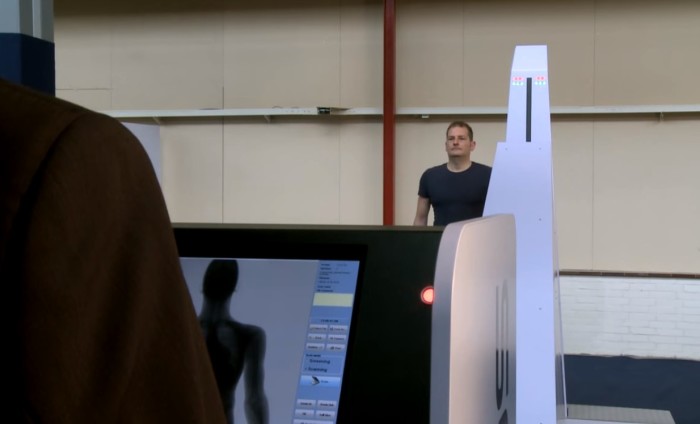ODSecurity2020-04-09 07:15:51
Protecting Prisoners, Prison Staff and Visitors from COVID-19
The world is currently facing an unprecedented challenge in dealing with the coronavirus (COVID-19) pandemic.
The World Health Organization’s prevention advice is simple; wash your hands, cough into your elbow, avoid touching your face, distance yourself at least one metre from another person and if you feel unwell, stay at home. Above all, keep away from other people, or what is now termed ‘social distancing’.
For the general public, in theory, these measures should be relatively easy to adhere to, although they are proving challenging enough, ‘social distancing’ in a prison environment is almost impossible, leaving prison staff, prisoners and visitors vulnerable.
Prison Reform International (PRI) in their recent briefing note, said “The difficulties in containing a large outbreak in detention facilities are clear. People in prison and the personnel who work with them are in close proximity and in many cases in overcrowded, cramped conditions with little fresh air. People in detention also have common demographic characteristics with generally poorer health than the rest of the population, often with underlying health conditions. Hygiene standards are often below that found in the community, and sometimes security or infrastructural factors reduce opportunities to wash hands or access to hand sanitizer – the key prevention measures recommended by the World Health Organization.”
If luxurious cruise ships were described during the initial outbreak of COVID-19, as a “Floating Petri Dishes”, then it is not difficult to imagine the challenges facing prisons.
The numbers of infected prisoners around the world are increasing daily - A scary proposition for authorities to handle.
Most Countries have issued their own standards for their prisons.
The Government of Iran temporarily released 70,000 prisons. Each prisoner had to test negative for COVID-19 and post bail before being released. The automatic first step taken by prison/detention authorities to prevent an outbreak of a disease is to limit contact with the outside world; generally, to stop visitations. In Italy, riots and protests erupted in 27 prisons when visiting rights were stopped, killing and injuring many prisoners and staff. In Colombia, riots broke out across 13 prisons, killing at least 23 prisoners and staff and injuring many more.
These incidents and others around the world were triggered by fear of the unknown and the perceived helplessness of the prisoners.
The World Health Organizations interim guidance on how to deal with COVID-19 in Prisons, “Preparedness, prevention and control of COVID-19 in prisons and other places of detention” - lists advice concerning the risk of; communicating the disease, personal protection measures, use of masks, environmental measures, physical distancing measures, and staff returning to work. In all instances, the necessity of being closer than one meter from a prisoner, i.e. arrest, restraint or interviewing, the minimum staff should wear are disposable gloves, medical mask, long-sleeved gown, and eye protection, i.e. face shield or goggles.
During this time of crisis the safety of the prisons is paramount and the typical day to day running of the prison needs to continue unhindered, and this includes checking inmates, staff and visitors for any contraband; be that drugs, weapons, cell phones, or any other illegal items.
One of the main benefits of the Soter RS scanner is its ability to scan a person, internally and externally, remotely, even from another room, thereby alleviating the need for close contact, protecting operators, prisoners and visitors alike.
The Soter RS is the worlds most advanced security X-ray system. It is a person X-ray system which combines ultra-low radiation with maximum visibility, revealing everything hidden inside human cavities or inside the human body.
It is already used successfully in many prisons worldwide for scanning visitors, inmates, and prison staff.
The Soter RS body scanner can detect any contraband. Indeed, to date, it has identified; drugs/narcotics, weapons, cell phones, plastic items, metals, cash, gemstones and other contraband. If it is hidden, the Soter RS can detect it; whether it is on, or in, the body being scanned.
The Soter RS is the ultimate alternative for intensive strip searches, which threaten the health and safety of staff and prisoners, at this time, or costly visits to a hospital when our hospitals are already operating at maximum capacity.
OD Security, the manufacturers of the SOTER RS has installations around the world.
For more information contact:
Poolsterweg 4
8938 AN Leeuwarden
Netherlands
Tel: +31 (0)88 457 05 80
Fax: +31 58 298 87 68
